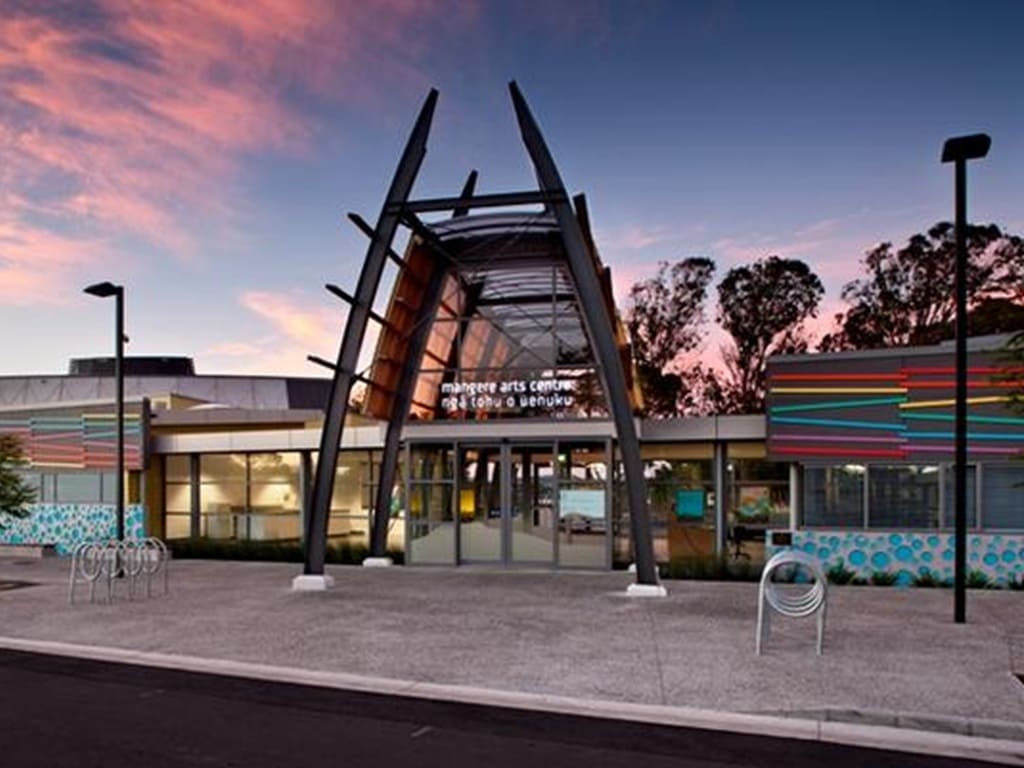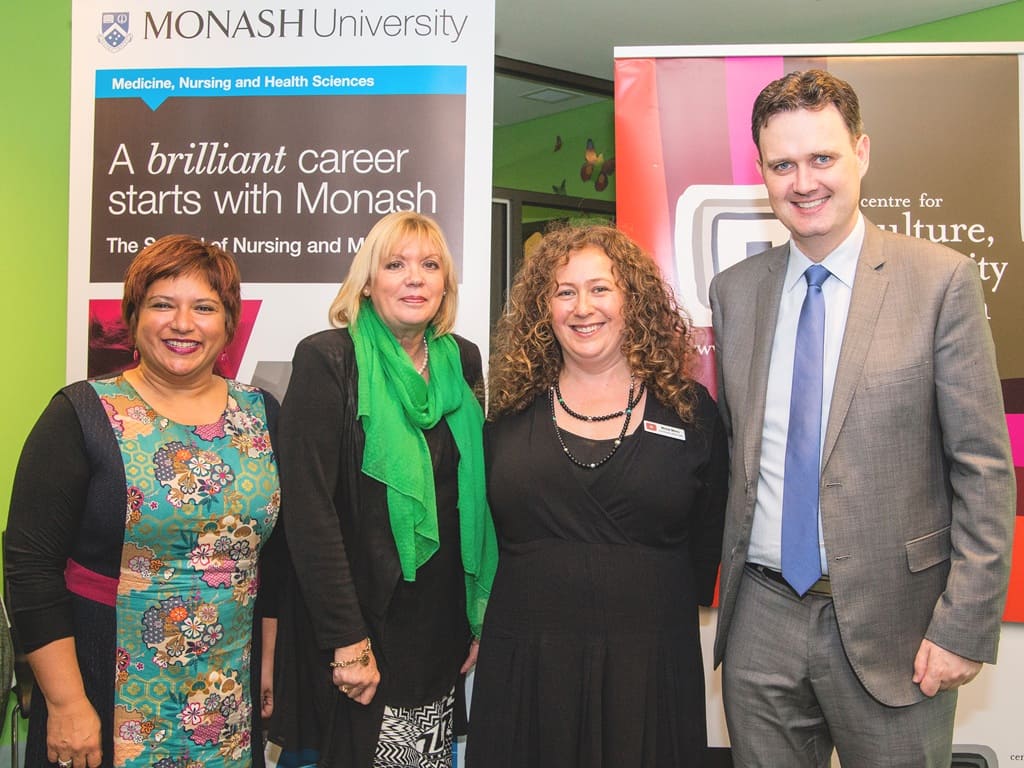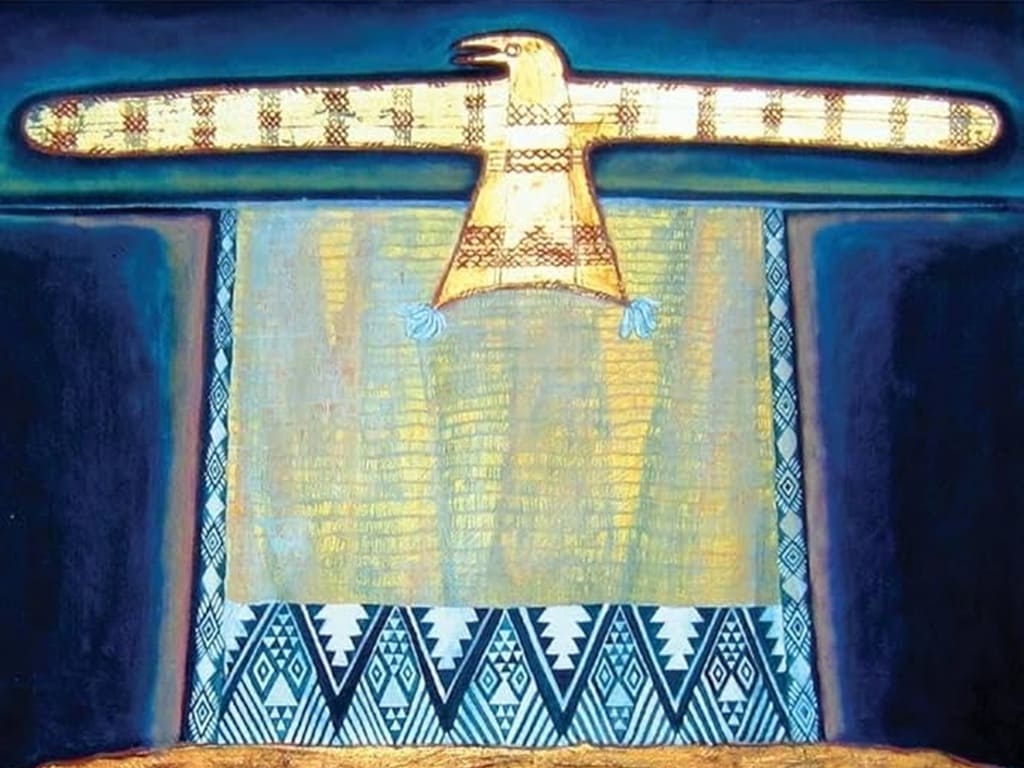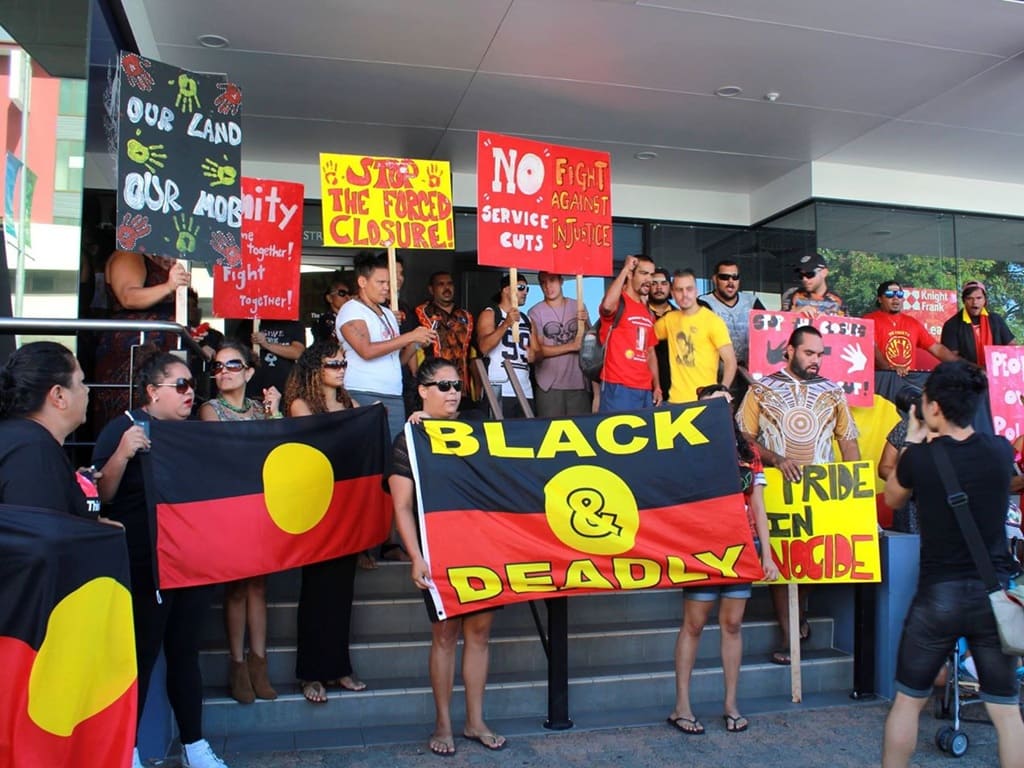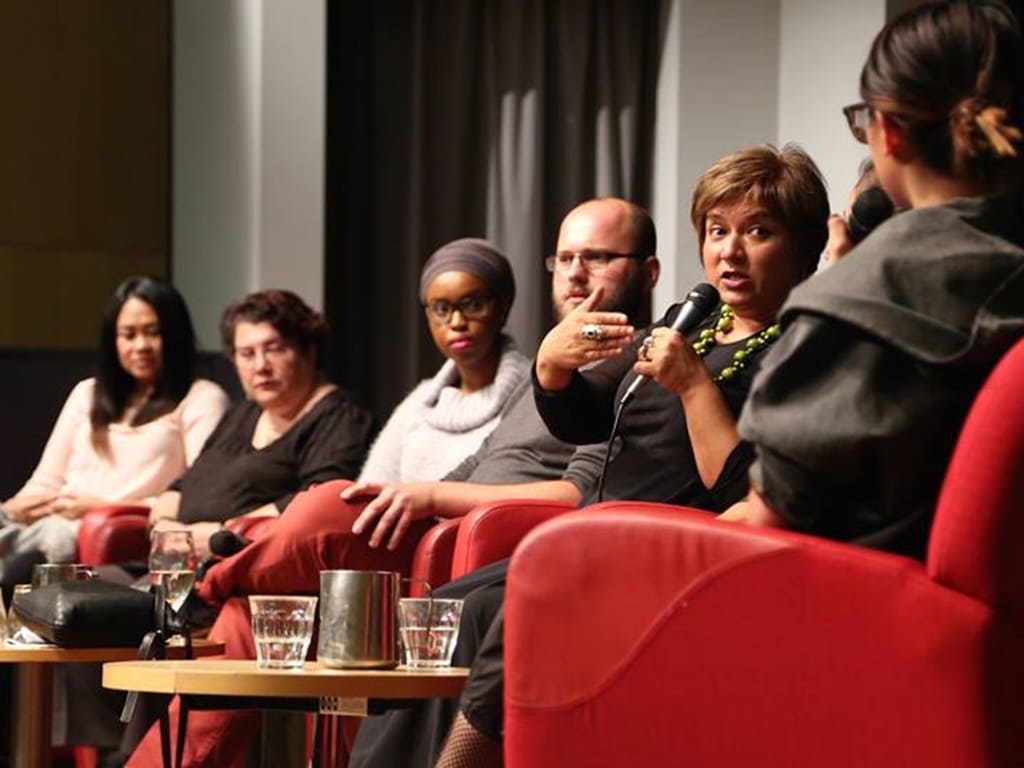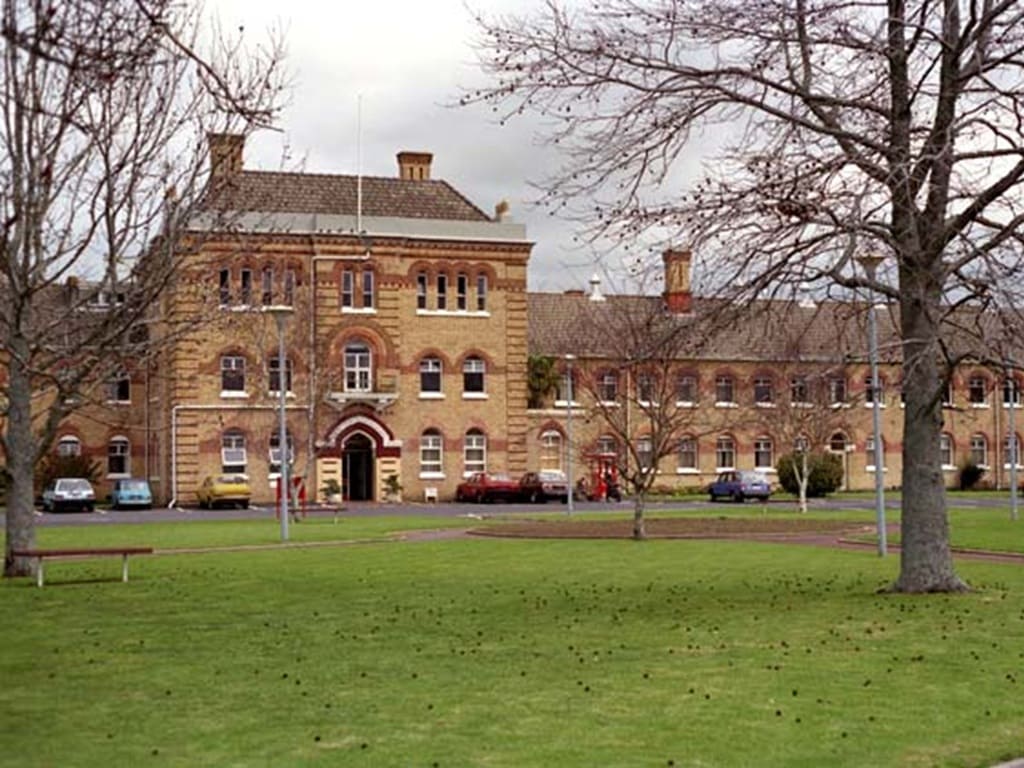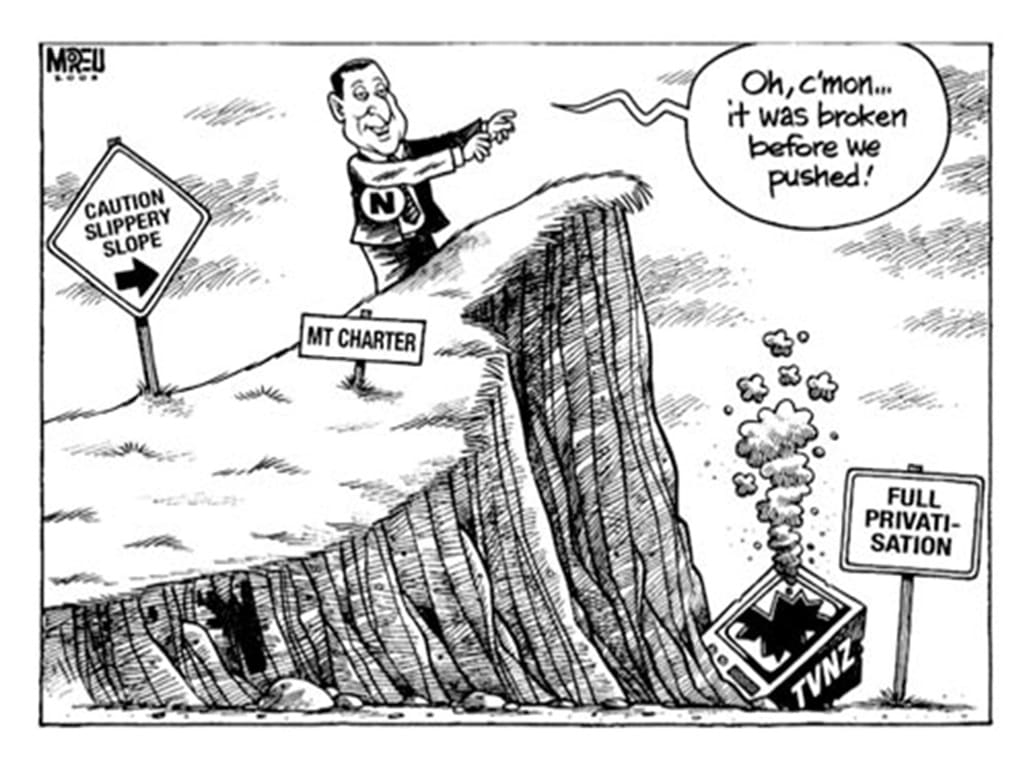Making visible: The role of the arts in supporting participation and inclusion for people with experience of mental ill health
I was honored to be invited to write a catalogue piece for an exhibition which opened during Mental Health Awareness Week 2015 at Mangere Arts Centre – Nga tohu o Uenuku and which closes on 22nd November. Lotus in Bloom is an […]
